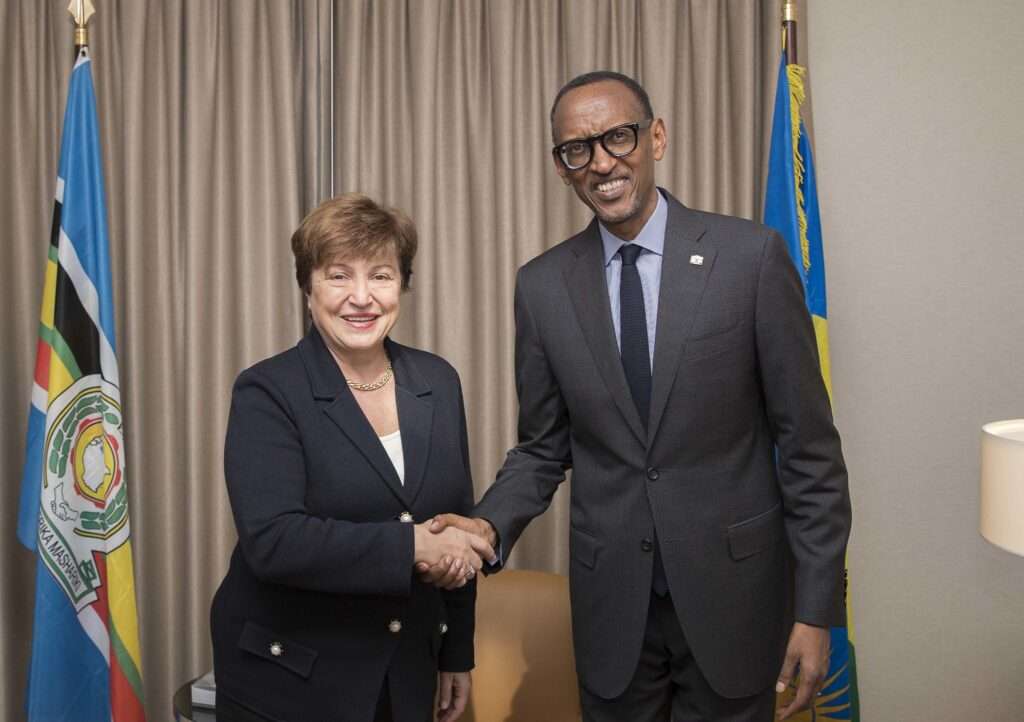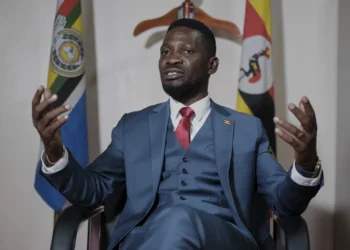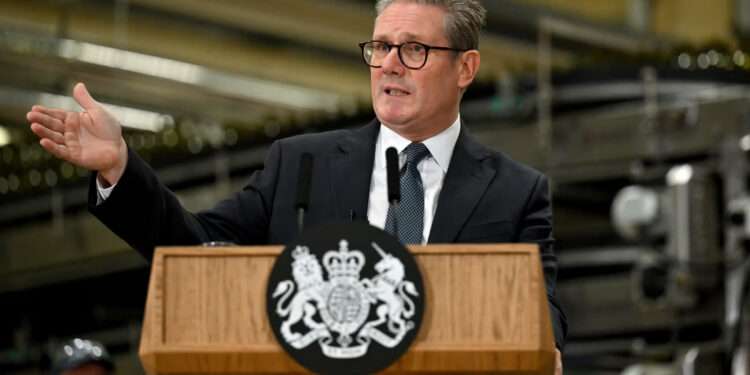Managing Director of the International Monetary Fund(IMF), Kristalina Georgieva, has arrived in Rwanda for a two-day visit to “support building resilience on climate”.
Kristalina Georgieva is scheduled to attend a roundtable discussion on climate change financing with East African Finance Ministers and Governors of central banks in Kigali, Rwanda.
The IMF boss announced on Twitter that she was looking forward to “hearing local and regional perspectives on how the IMF can be even more helpful – especially in boosting climate resilience”. Her visit to Rwanda follows her visit to Zambia.
“Rwanda is a pacesetter for climate initiatives in Africa,” Georgieva tweeted.
“My visit is great opportunity to engage policymakers & the Rwandan people on how we can work together to do even more,” she added.
Kristalina Georgieva’s visit to Rwanda comes a few weeks after her board approved $319 million (£258m) in concessional funding to support climate change mitigation policies as part of its new policy support instrument under its Resilience and Sustainability Trust (RST), making Rwanda the first African country to access the funds.
Officials claim that the visit is a recognition of Rwanda’s commitment to strengthening its resilience to climate change.
As part of her trip, Georgieva is expected to showcase Rwanda as a model for other African countries due to its well-advanced climate strategies.
“The key objectives for this visit include [to] showcase how the IMF is supporting its members in Africa to build a resilient and inclusive future, with the Rwanda Resilience Sustainability Fund (RSF) as an example.”
Rwanda’s Ministry of Finance and Economic Planning
The IMF launched the Resilience and Sustainability Trust(RST) last year with $20 billion with a target of $40 billion to complement the existing lending toolkit and provide policy support and affordable longer-term financing to low-income and vulnerable middle-income countries to deal with climate change and pandemic preparedness. It also helps to mitigate balance of payments risks.
Resilience Sustainability Fund (RSF) arrangements have a 20-year maturity and a 10-and-a-half-year grace period during which no principal is repaid.
Borrowers pay an affordable interest rate with a modest margin over the three-month special drawing rights (SDR) rate. The minimum duration of an RSF arrangement is 18 months.
On her second day, Georgieva is scheduled to engage with green entrepreneurs and in the afternoon, meet the representatives of youths involved in green programs at Nyandungu Eco Park.

Rwanda Needs To Strengthen Its Institutions
According to the IMF, even though Rwanda has a well-advanced climate strategy, it needs to further strengthen its institutions to deliver and monitor its ambitious climate objectives and to mobilise additional resources.
The country needs $11 billion by 2030, of which $6.9 billion is conditional on new financing. It amounts to spending 8.8 percent of the country’s GDP each year through 2030.
Recently, on the side-lines of the UN Climate Change Conference (COP27) in Sharm El-Sheikh, Egypt, Rwanda launched a $104 million climate change fund; Ireme Invest, to support the private sector to access green financing.
Ireme Invest is a trailblazing new investment facility powered by the Rwanda Green Fund and the Development Bank of Rwanda (BRD) with support from a range of valued partners.
Ireme Invest is lauded as a one stop center for green and sustainable investment and was launched with an initial capitalization of $104M to support the Private sector to access green finance.
The Rwandan opposition has questioned the government’s transparency in the use of international aid and loans.
However, President of Rwanda, Paul Kagame has recently defended that the government “efficiently uses every coin” of the aid from its partners.



















